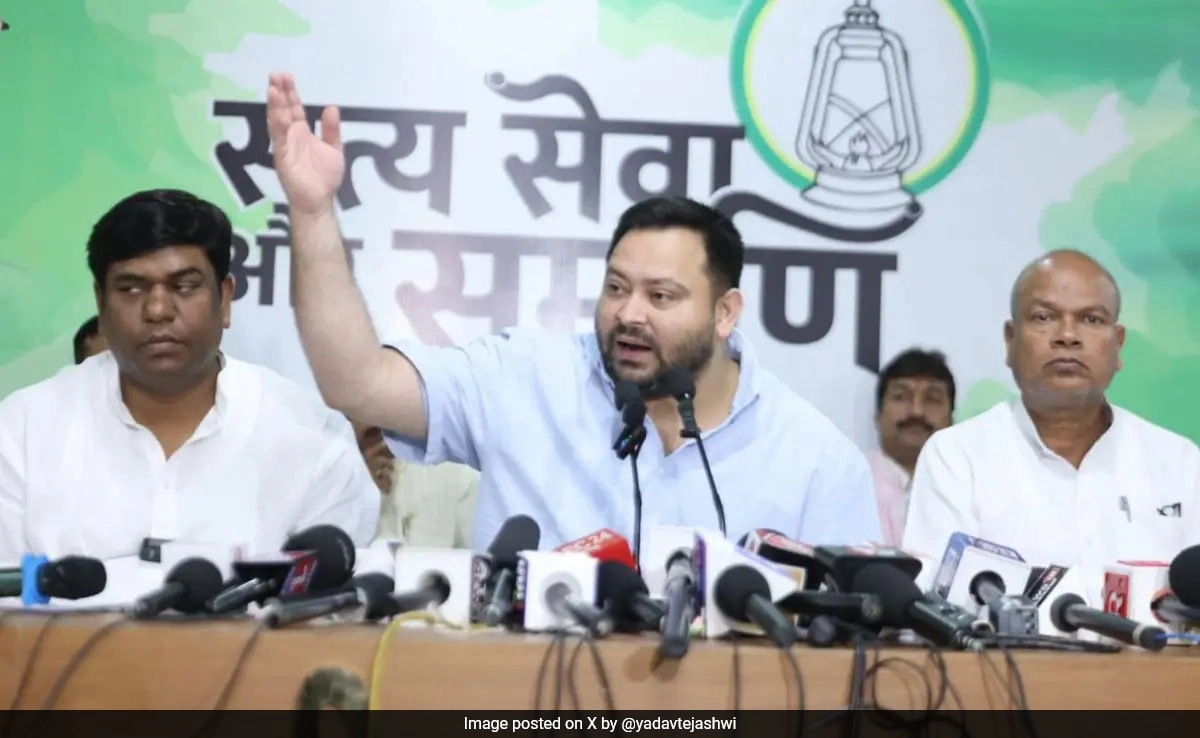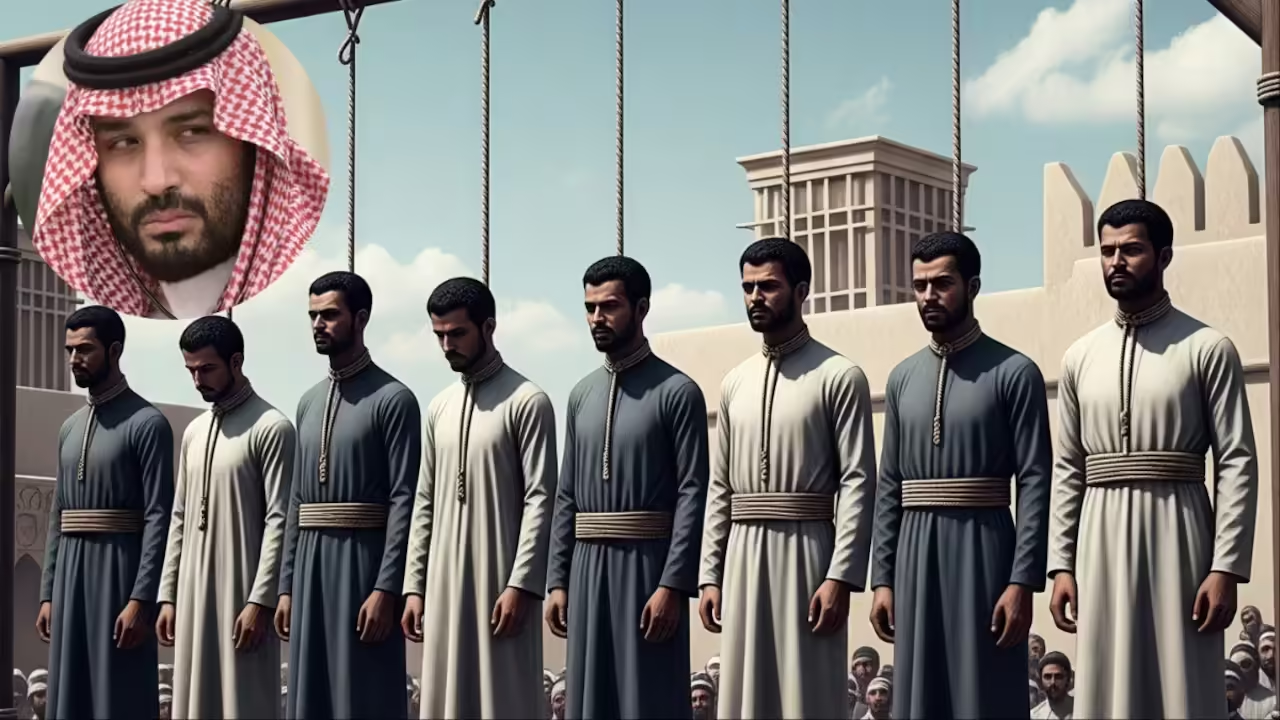The political landscape in Bihar is heating up as discussions regarding the potential boycott of the upcoming elections gain momentum. Tejashwi Yadav, the leader of the Rashtriya Janata Dal (RJD) and a prominent figure in the opposition alliance, has recently indicated that the opposition may discuss the possibility of boycotting the elections. His statement has sparked considerable debate and speculation about the implications of such a move. The backdrop of this consideration lies in the ongoing tensions between opposition parties and the ruling government, which has faced criticism over various issues, including governance, economic challenges, and social justice.
Boycotting an election is a significant step for any political party, often reflecting deep-rooted grievances against the electoral process or the ruling authority. For the opposition in Bihar, the idea of a boycott could stem from perceived unfair practices, manipulation of electoral laws, or a lack of faith in the electoral system’s integrity. Yadav’s comments suggest that the opposition is weighing its options carefully, possibly seeking to unite various factions under a common cause. A boycott could serve as a powerful statement against what they view as an undemocratic process, but it also carries risks, as it might alienate voters who are eager to participate in the democratic process.
The dynamics within Bihar’s political arena are complex, and the decision to boycott would not only affect the opposition’s electoral strategy but also the overall democratic fabric of the state. If the opposition were to proceed with a boycott, it could lead to a significant shift in voter sentiment and might embolden the ruling party. Conversely, a united front among opposition parties could galvanize support and challenge the status quo effectively. Yadav’s indication of a potential discussion reflects the seriousness with which the opposition is considering its next steps, underscoring the high stakes involved in these elections.
As the election date approaches, the strategy of the opposition will be closely scrutinized by both political analysts and the electorate. The outcome of their deliberations may shape not only the immediate electoral landscape but also the long-term political trajectory of Bihar. The importance of engaging with voters and addressing their concerns remains paramount, and the opposition must carefully weigh the consequences of a boycott against the potential benefits of participation. In the end, the decision will likely hinge on a combination of strategic calculations and the overarching desire to uphold democratic principles in the state.




